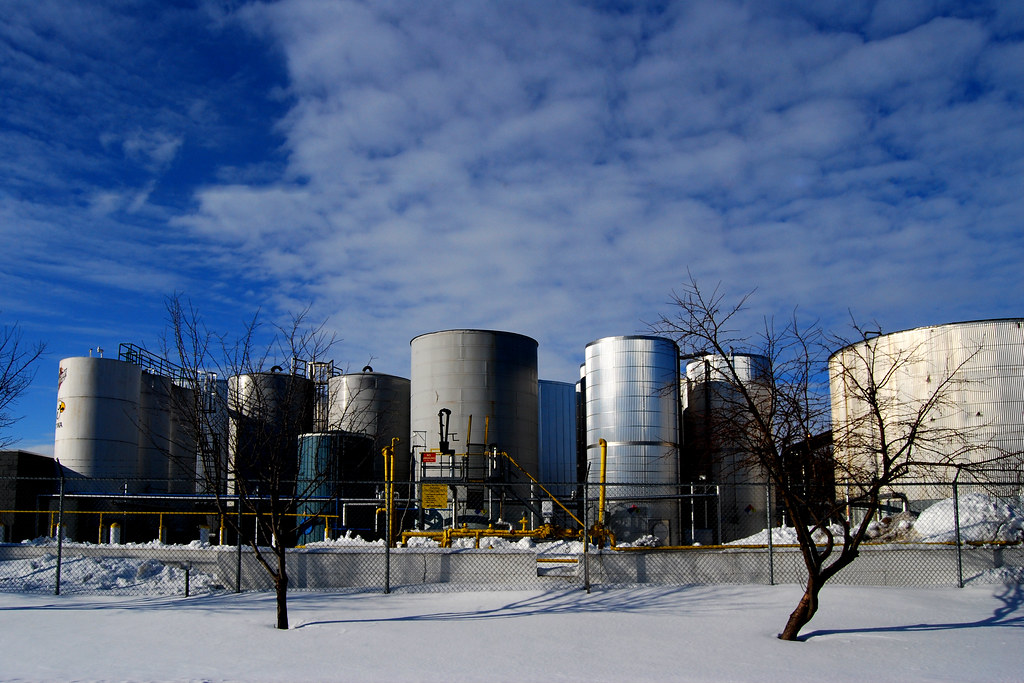Petrochemicals play a vital role in the manufacturing of plastic products. However, the indiscriminate disposal of plastic waste poses a significant threat to the environment and human health. Therefore, it is crucial to implement efficient waste management strategies to mitigate these challenges.
1. Reduce and Minimize Plastic Consumption
The first step towards proper waste management is to minimize the production and consumption of plastics. This can be achieved by promoting the use of sustainable alternatives such as biodegradable materials and encouraging individuals and businesses to adopt reusable products.
2. Implement Effective Recycling Programs
Recycling is a key component of waste management strategies. Establishing and supporting comprehensive recycling programs can significantly reduce the amount of plastic waste ending up in landfills or polluting natural ecosystems.
3. Raise Awareness and Educate
Educating the public about the importance of proper plastic waste management is crucial. Awareness campaigns can enlighten individuals about the detrimental effects of plastic pollution and provide information on recycling methods, reducing usage, and responsible disposal.
4. Encourage Industry Collaboration
The petrochemical and plastic industries should work together to develop innovative solutions for waste management. Supporting research and development of environmentally friendly materials, such as bioplastics, can reduce reliance on traditional petrochemical-based plastics.
5. Government Regulations and Policies
Government bodies play a pivotal role in implementing policies that encourage sustainable waste management practices. They can enforce recycling regulations, impose penalties for illegal dumping, and provide incentives for businesses to adopt eco-friendly packaging and manufacturing techniques.
6. Invest in Advanced Technologies
Investing in advanced technologies can revolutionize waste management. Techniques like plastic-to-fuel conversion, chemical recycling, and waste-to-energy facilities can help reduce plastic waste while simultaneously generating alternative sources of energy.
7. Enhance Waste Collection and Sorting Systems
A robust waste collection and sorting system is essential for effective waste management. Governments and municipalities should focus on improving infrastructure, including installing proper recycling bins, establishing collection centers, and optimizing waste transportation systems.
8. Foster Collaborative Partnerships
Collaboration between various stakeholders, including governments, industries, NGOs, and communities, is crucial for the success of waste management strategies. Shared responsibilities, resource sharing, and joint initiatives can significantly enhance the overall waste management process.
Conclusion
Adopting comprehensive waste management strategies is vital to cope with the challenges posed by petrochemicals and plastic waste. Through reduction, recycling, education, collaboration, and innovation, it is possible to minimize the negative impact of plastic waste on our planet and create a cleaner and healthier future for all.
References:
- Waste Management Hierarchy – U.S. Environmental Protection Agency
- Plastic Pollution Guide – National Geographic
- Sustainable Packaging: Global Outlook 2021 – McKinsey & Company





